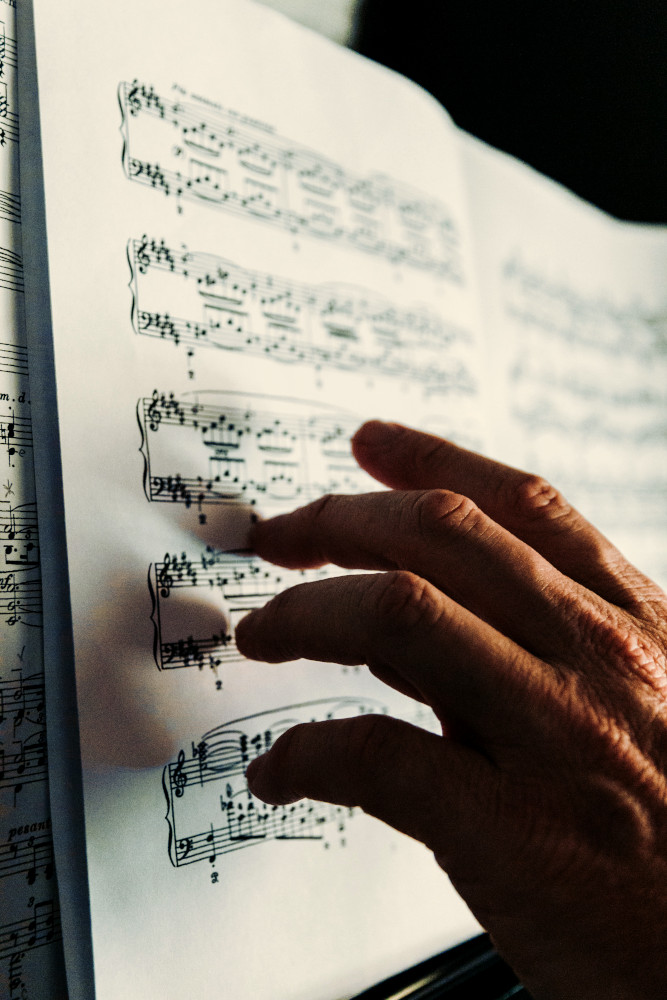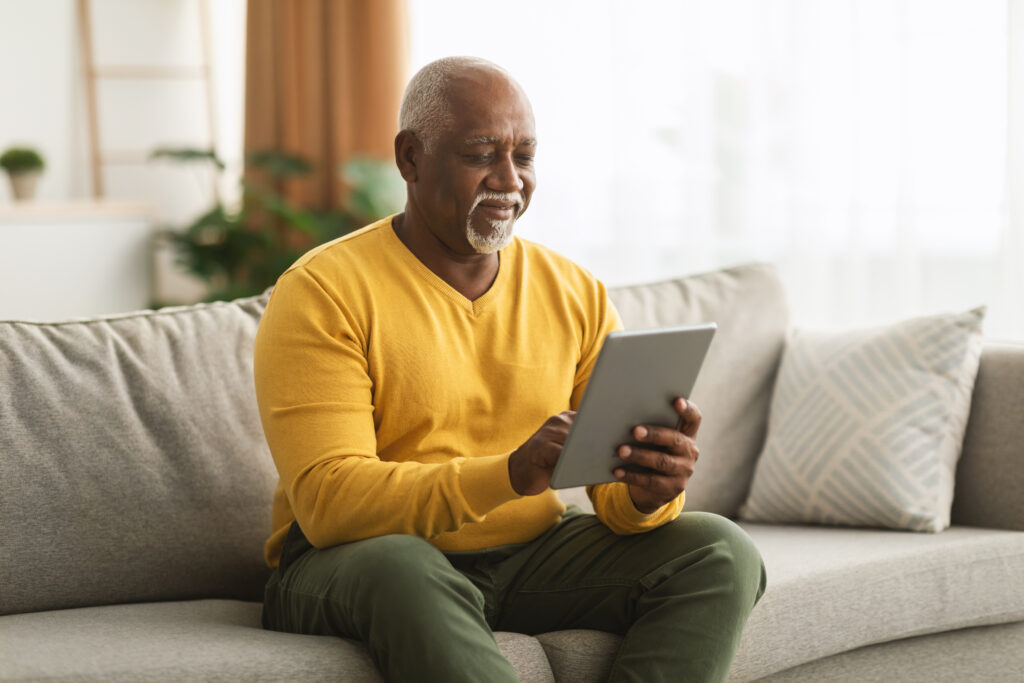Of course, there are no miracle cures for the effects of aging but, according to the National Institute on Aging, “People with some forgetfulness can use a variety of techniques that may help them stay healthy and deal with changes in their memory and mental skills.” At the very top of their list is ‘Learn a new skill‘, and further down ‘Stay involved in activities that can help both the mind and body‘. Woman and Home magazine agreed recently with an article entitled How You Can Delay Dementia: Expert Advice on What Can Help:
FLEX YOUR MIND: Not only are they lots of fun, but participating in mentally engaging hobbies and activities can help your brain better cope with disease and handle stress. This could be puzzles, crosswords, arts and crafts, card games, reading or playing an instrument.
The article goes on to say that it’s important to take a holistic approach because “a balanced diet will provide all the essential nutrients needed to keep you mind and your body healthy” and “keeping the mind active can help to improve memory and concentration.”
So, how could learning to sing or to play a musical instrument help?

Some of the physical and mental demands on musicians are obvious when you watch them performing. The skills required to pull of even a modest piece are many and interconnected, including hand-eye-coordination, complex reading and interpretation, listening and responding in real time, breathe control, muscular dexterity, short term memorising / thinking ahead, coordinating and communicating with other performers, understanding of music theory etc etc.
Pulling off all of these things (and many more) all at once is the challenge we face when we play a musical instrument or sing, but as we endeavour to overcome this challenge we strengthen our mental muscles. As many educationalists have noted, when children play musical instruments they rewire the very structure of their brains, create millions of new connections and increase their neuroplasticity, which in turn helps them to excel in other areas of academia. It seems the same can be said of people of any age – tackling the new mental and physical challenges of music supports the management of every other task, however seemingly unrelated.
For the reasons I cite above, I am increasingly contacted by mature adults who have had music recommended to them by a healthcare professional as a way to keep their brains and bodies active in later life. Some join U3A groups – choirs, ukulele bands, orchestras and singalong groups. Others like to sit 1-2-1 lessons with me, learning to find their singing voice, or to play piano (electronic keyboard), guitar, ukulele or bass. My aim is to help these students to live a healthier, happier and more fulfilling life by injecting the joy of music into their everyday.
I pride myself on my patient manner of teaching
Don’t be put off of trying new things. Many people believe themselves to be unmusical or even tone deaf, and they worry that they will be wasting my time or leaving me feeling frustrated at their lack of progress. But, I have been teaching in one capacity or another for most of my adult life, and so I understand better than most how difficult it is to learn a new skill, especially one as complex as playing an instrument or singing. I also know how to support people through the process by taking things step by step and encouraging them to be kind and patient with themselves. Guiding you through this process takes little extra patience on my part, but simply the recognition that the musical things I take for granted through my life’s experience are totally new to beginners, so it’s bound to take a little time for them to pick it up.
Rome wasn’t built in a day: it’s a well-known and enduring adage for a reason. It takes perseverance, tenacity and resilience to learn how to coordinate your mind and your body to make music. But, the good news is that the activities we undertake are fun, varied and engaging. I enjoying telling my students about the rudiments of music so that they understand the concepts that underpin the musical exercises that we work on together, but equally sometimes it’s appropriate just to be in the moment and delight in the sounds that we can create with just a few notes and strings and keys.

If you would like to give music a go as part of a healthier, happier lifestyle then feel free to book in with me for an Initial Consultation. In that session we’ll chat about the kinds of musical activities you would like to try, your ambitions however big or small, and your tastes. It will be my pleasure to plan sessions that move you towards your goals in a warm, relaxed and light-hearted environment.
Share this page:
